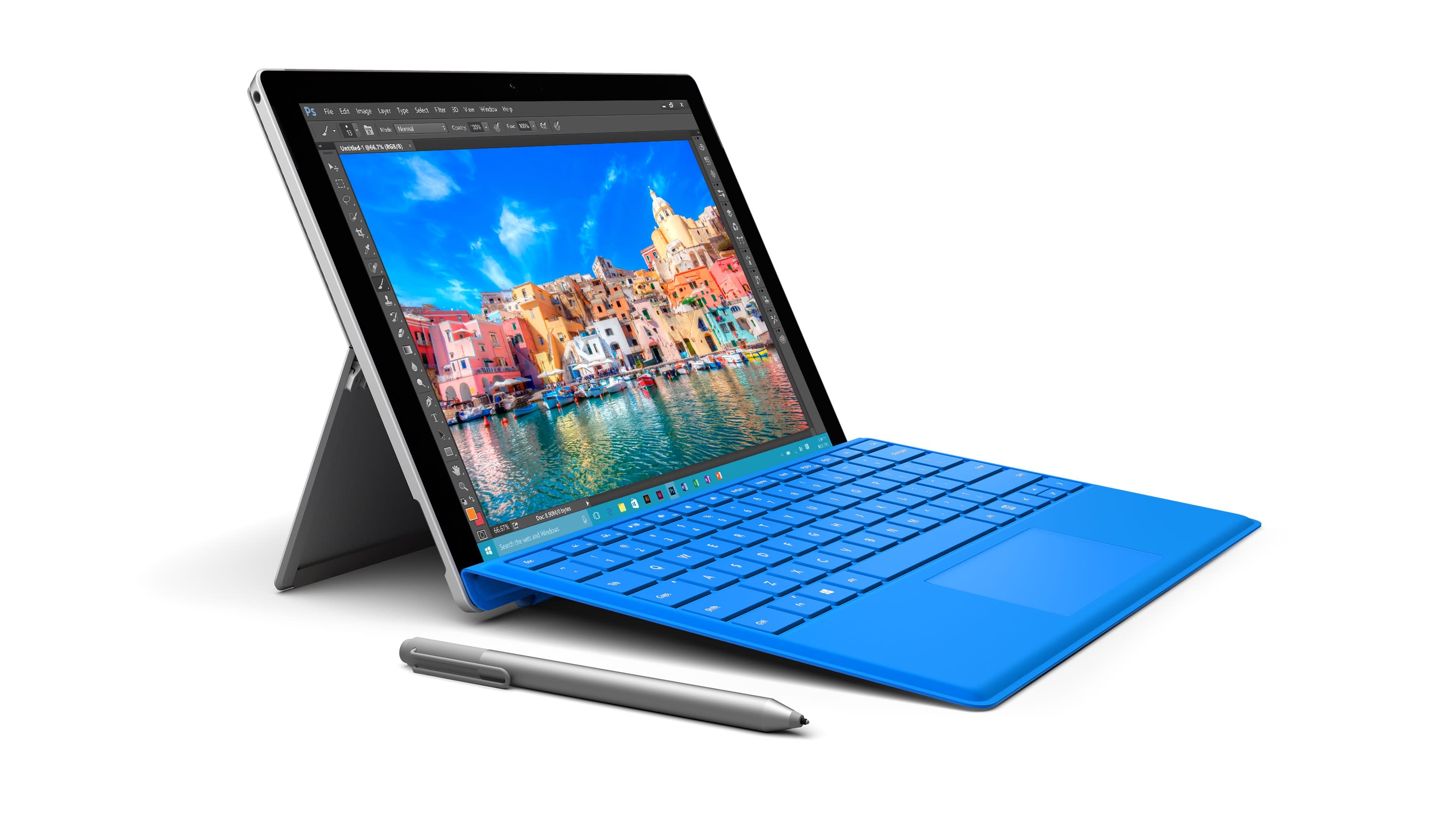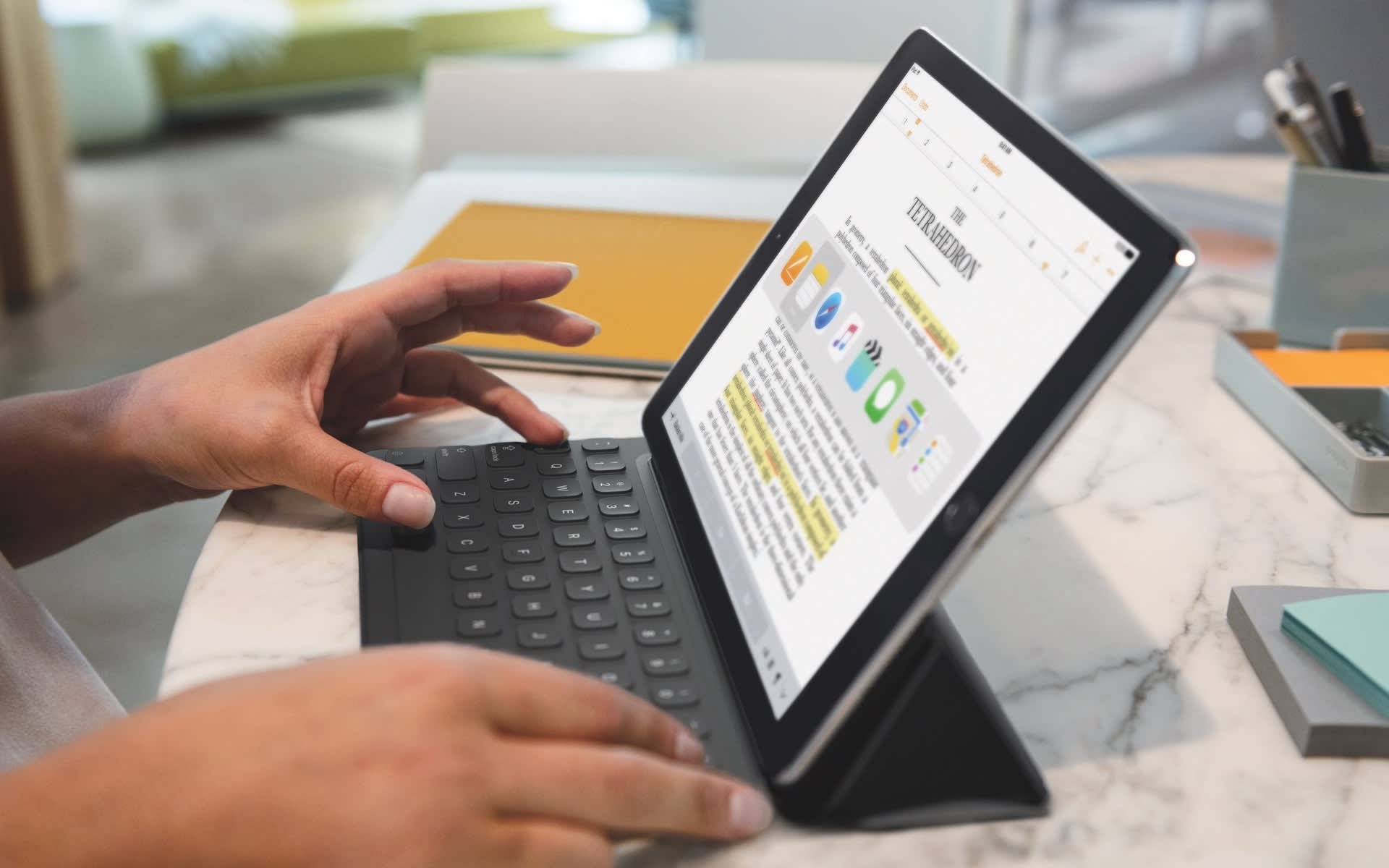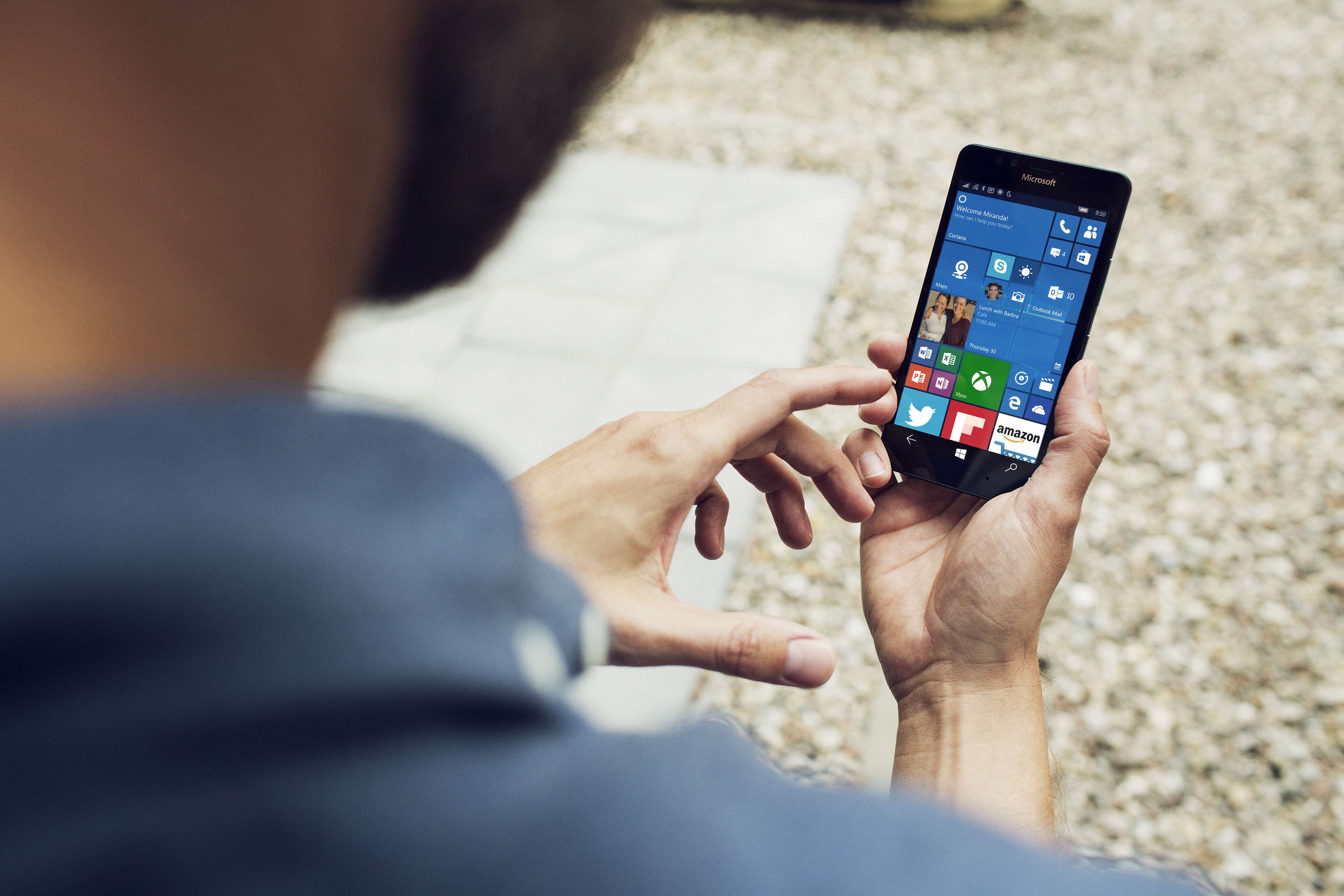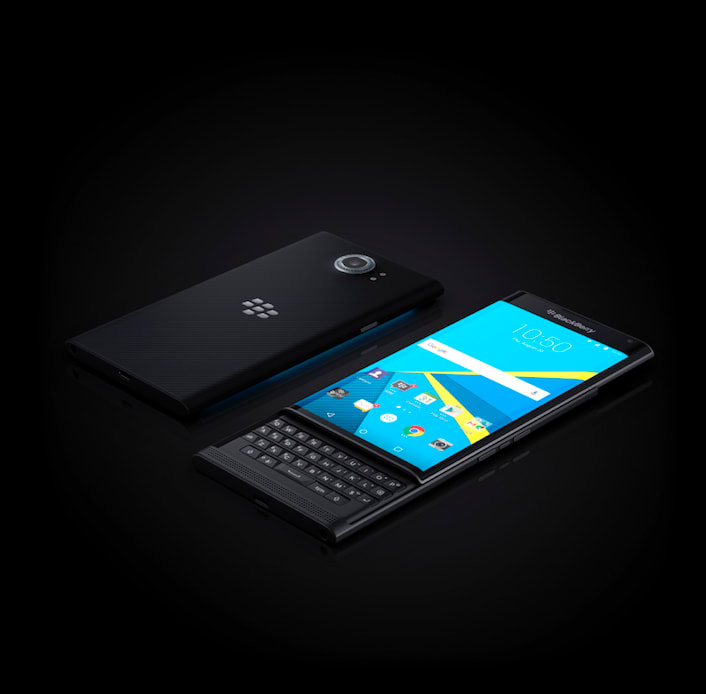22nd August 2024
A Guide to Coworking in Pittsburgh
A Guide to Coworking in Pittsburgh
Pittsburgh’s economy is growing fast, driven by a diverse range of businesses from steelmaking to AI and robotics. There is a world-class workforce here as well as a very active venture capital and business investment community.
The city has an amazing nightlife scene, great restaurants, 24 state parks, and 400 miles of trails. There’s plenty to do here, making Pittsburgh a great place to live and work.
Many businesses setting up in or expanding to the city choose coworking over having a private office. It’s cost-effective and flexible and gives them the option of doing business from a prestigious city address.
For businesses looking to establish a presence in this thriving city, coworking solutions are an affordable option. Regus offers a wide variety of coworking offices in Pittsburgh to fit almost any business.
Geography of Pittsburgh
Pittsburgh, located in western Pennsylvania, is a vibrant city with a rich history and diverse cultural scene. This is an attractive destination for businesses looking to establish themselves in this region of the US.
Steel made Pittsburgh an industrial powerhouse in the 19th century. Like much of the country, the city deindustrialized in the 1950s and 60s. Since then, the city has reinvented itself as a major hub for the tech, banking, and medical sectors.
Pittsburgh is a major regional economy that benefits from its close proximity to other major economies. Getting to important centers like Cleveland, New York, and Washington DC is easy from the city.
Sports fans also bring a huge influx of money to the city from all over the region. The North Shore includes both PNC Park, home to the Pirates, a Major League Baseball team, and Acrisure Stadium, home of the Steelers, who have won multiple Super Bowls.
8 benefits of establishing your company in Pittsburgh
Both new businesses and those looking to expand can benefit from prime coworking space in Pittsburgh, PA.
Here are eight compelling reasons to choose coworking in Pittsburgh for your business.
1. Tax incentives
The governments of Pennsylvania and Pittsburgh want to make the state and the city a great place to do business.
The state is dropping the corporate tax rate by 0.5% every year until 2031 when it will reach 4.99%, one of the lowest in the US.
Pittsburgh is also running an excellent research and development tax credit scheme. Businesses can claim expenditures on new product and service innovations to reduce the tax they pay. Businesses that don’t use all of the tax credits can sell that credit to a company that can.
For every new family-sustaining job a business creates, the state will also provide a tax credit that can be set off against the corporate net income.
2. Grant opportunities
There are a range of grants businesses can take advantage of when doing business in Pittsburgh.
Below is a selection of grant opportunities for businesses in the city:
Global Access Program (GAP): GAP is for SMBs that want to export their products and services. The state provides a grant of up to $10,000 to reimburse up to 75% of the costs for overseas promotion.
WEDnetPA: These grants fund training for new or existing employees. Businesses can get up to $2,000 per worker and up to $100,000 per company.
Pennsylvania First Program: This is a grant program to promote jobs and economic development. The funds can be used for job training support and to buy machinery/equipment. The grant can also fund land acquisition and land and building improvement projects.
Pennsylvania Technical Assistance Program (PennTAP): A comprehensive, free advice service that provides support to improve competitiveness and develop new products. Help is also available for environmental compliance and energy efficiency programs.
There are dozens more government-sponsored and third-sector grants and loan programs.
3. Cost-effectiveness
Pittsburgh is cost-effective for its residents and people running businesses in the city. Getting the right staff is cheaper here with average salaries 6% below the national average.
Thankfully, life in Pittsburgh is also financially friendly for you and your staff. Pennsylvania has the lowest flat-rate tax in the US.
Median house prices are 42% below the national average, and the cost of living is 8% cheaper. This is why professionals from Philadelphia and Chicago migrate here.
4. Transportation options
Pittsburgh has first-class connectivity to the East Coast and the rest of the world.
Pittsburgh International Airport is around 10 miles west of Downtown Pittsburgh. You can catch one of 130 flights from here to New York, San Francisco, and other major US markets. There are also direct flights to London, and other European destinations are just a connecting flight away.
The city has excellent rail connections. You can catch the train to locations throughout the region, including DC, New York City, and Philadelphia.
Pittsburgh benefits from a great road network. The following cities are less than 300 miles away by car:
Cleveland, Columbus, Philadelphia, and Harrisburg via I-76
Washington DC and Baltimore via I-70
New York City via I-79
Pittsburgh’s prime location makes traveling to business meetings, client visits, and networking events easy.
5. A stable economy
An important draw that leads many business owners to choose coworking office space in Pittsburgh is its stable and robust economy.
The city built its reputation on steel which is still an important part of the economy today. However, Pittsburgh has actively sought to widen its economic base and become a hub for many different industries.
There are approximately 2,700 manufacturing businesses employing 85,000 people in the area. Pittsburgh is a major national distribution and logistics hub. There are over 61,000 financial services employees in the area, with around 7,500 holding financial and business services certificates and degrees.
Part of the city's success is due to its investment in building an education workforce.
There are 88 regional colleges and universities here that turn out 45,000 graduates every year. 33% of workers in the city hold a 4+ year degree and 18% of employment is in the science and technology sector.
6. Tech scene and innovation
The stable local economy and highly talented workforce are also driving the next big evolution in Pittsburgh’s economy.
Four new tech and knowledge business clusters have formed in the city in the last decade:
Cleantech: 70 local cleantech firms are leading the way in climate and decarbonization technologies. There has been a 6% growth in the number of employees in this sector.
Renewable energy: There are over 1,000 companies in this vital sector. Locally, over 3,000 students graduate every year with an energy industry-related degree.
Healthcare: Pittsburgh has always been a major center for healthcare businesses. Now it’s a leader in life sciences with 132,000 people working in the sector.
AI and robotics: Artificial intelligence was born in Pittsburgh in 1959. The city is a pioneer in the AI and robotics sector, with 140 companies employing 7,000 people.
The city is also actively developing the space economy sector.
7. Startup scene
Pittsburgh has a great startup scene. Analysts named it 13th in the world’s emerging startup ecosystems. Major startups 4moms and Duolingo began here.
For new businesses, there is a great selection of shared workspaces in Pittsburgh. Coworking promotes collaboration and cooperation between companies. Studies have found that businesses that network perform better than counterparts that don’t.
Pittsburgh is also home to a healthy venture capital and private equity scene. Collectively, they have backed startups worth $10 billion in recent years.
8. Diversity and inclusion
Studies have proven that more diverse workforces lead to better business outcomes.
Pittsburgh takes diversity, equity, and inclusion (DEI) seriously. Over 100 businesses in the city keep the city’s Vibrant Index Report up to date with their progress towards DEI.
The city provides special help to minority business owners too.
The Small Diverse Business Capital Access Program (SDBCA) is a low-interest loan and line of credit program. It's open to certified minority-owned, women-owned, veteran-owned, or service-disabled veteran-owned businesses with fewer than 100 employees.
The Amber Grant for Women is a special program that awards grants to women business owners. The grant is for growing an SMB in sectors like restaurants, health and wellness, and fashion and beauty.
How much are coworking memberships in Pittsburgh?
Coworking memberships in Pittsburgh costs start from $179 per month per person.
This compares well with coworking in New York where the cost can range from $239 to $819 per person per month. Similarly, coworking in San Francisco can cost from $229 to $519 a month.
All three cities are great places to live and work however Pittsburgh can be more cost-effective for businesses as a destination.
The best coworking spaces in Pittsburgh
Pittsburgh clearly has much to offer. Taxes and prices are low, the workforce is talented, and the city is well-connected. Plus, there are highly motivated investors here.
Below, find out more about the 10 Regus shared workspaces in Pittsburgh and which ones would be best for your business.
Best coworking space for startups in Pittsburgh - 650 Washington Rd
650 Washington Rd is in Mount Lebanon, a popular suburban district in the city. This "A" grade office space is a great place to start a business. It is already home to a growing hub of tech, education, and healthcare companies.
Getting here is easy by bus, and the subway stop is just a three-minute walk away. If you want to drive in, there's public parking next door.
This stylish center impresses with its grand entrance lobby. Natural light floods both floors of the center, great for inspiration and productivity.
If clients or investors are in the city, you can book a meeting room. If you’re interviewing the first staff members for your new venture, greet them in one of the many comfortable break-out areas.
To celebrate a new deal with staff, try one of the nearby bars, restaurants, or attractions. Downtown Pittsburgh is just a short 30-minute subway ride away, too.
Highlights include
Meeting rooms
Break-out areas
City centre location
Information about 650 Washington Road
Location: 650 Washington Road, Mt Lebanon, Pittsburgh, PA 15228
Starting cost: From $179 per month
Opening hours: 24/7 for Private Office and Dedicated Desk members, reception hours for other members
Nearby transport links: Washington Rd + Cedar Bus Stop (a one-minute walk away), Shady Ave + MT Lebanon Station Bus Stop (a two-minute walk away), and Mount Lebanon Subway Stop (a two-minute walk away)
Best coworking space for networking in Pittsburgh - Foster Plaza 5
Foster Plaza 5 is located on Foster Plaza, one of Pittsburgh’s leading business parks. Set in a park location, the surrounding natural environment is stunning. This is a great place for networking and boosting the name recognition of your company.
The area is home to hundreds of businesses of different sizes and in different sectors, great for networking opportunities. Be inspired by and inspire other business owners by sharing ideas and collaborating on projects.
Use one of the comfortable break-out areas for impromptu get-togethers with staff and other business owners. If you want to impress a visiting client or investor, the meeting rooms here are state-of-the-art.
The center also benefits from an on-site sandwich and coffee bar plus an Italian restaurant. There's also a selection of vending machines in case you need to refuel in a hurry.
Foster Plaza 5 is in one of Pittsburgh’s most commutable areas, offering access to I-376 and I-79. This center is five miles from Downtown Pittsburgh and 15 miles from Pittsburgh Airport.
For catching a show or going out for a meal, the city center is a mere 10-minute drive away.
Highlights include
Meeting rooms
On-site sandwich and coffee bar
Disabled facilities
Information about Foster Plaza 5
Location: 651 Holiday Drive, Pittsburgh, PA 15220
Starting cost: From $319 per month
Opening hours: 24/7 for Private Office and Dedicated Desk members, reception hours for other members
Nearby transport links: Noblestown Rd + Pace Bus Stop (a seven-minute walk away), Noblestown Rd + Holiday Dr Bus Stop (a seven-minute walk away), and Noblestown Rd + Durbin Bus Stop (an 11-minute walk away)
Best coworking space for remote workers in Pittsburgh - One Oxford Center
Based in the heart of the CBD, One Oxford Center is prime coworking office space in Pittsburgh. This distinctive 45-story building is an ideal place for remote workers to do business.
The center benefits from great connections. It’s accessible on many major city bus routes and just a short walk away from the subway. Getting here via I-376 Parkway is quick, and there’s car parking on-site. If you prefer two wheels to four, there is a bicycle storage area.
The center’s 360° views of the city stand out, as do the outdoor terrace and garden and the five-story interior atrium. For informal meetings, choose the communal zones and break-out areas. For formal meetings, book a state-of-the-art conference room by the hour or the day.
This part of Pittsburgh is home to dynamic clusters in tech, healthcare, and financial services. You’ll be a neighbor to prestigious tenants like TriState Capital and Morgan Lewis.
One Oxford Center is great for work-life balance too. There’s an on-site fitness center, a food court, and a newsstand. The nearby Market Square has trendy food and retail outlets, and the peace of Firstside Park is a short stroll away.
This center offers the very best in Downtown Pittsburgh coworking.
Highlights include
Parking
Meeting rooms
Break-out areas
Information about One Oxford Center
Location: 301 Grant Street, Pittsburgh, PA 15219
Starting cost: From $219 per month
Opening hours: 24/7 for Private Office and Dedicated Desk members, reception hours for other members
Nearby transport links: Smithfield St + Third Ave Bus Stop (a three-minute walk away), Fourth Ave + Grant FS Bus Stop (a four-minute walk away), and Steel Plaza Subway Station (an eight-minute walk away)
Best coworking space for small teams in Pittsburgh - Boyce Plaza
Boyce Plaza is in one of Pittsburgh’s trendiest suburbs. It’s home to 14 parks and one of the best places to live in the city. This center is in a great location thanks to its close proximity to I-79 and an abundance of parking spots.
Teams can be productive, creative, and innovative here. They’ll feel energized and inspired in this stylish, light-filled space. The coworking spaces are open and welcoming, designed to foster collaboration and networking.
For impromptu brainstorming, the center has numerous break-out areas. For client and investor meetings, the conference rooms here are fully equipped and modern.
There are plenty of green spaces around for a break during the day. The South Hills Village Mall in nearby Upper St Clair has great retail outlets and a wide selection of bars and restaurants.
Highlights include
Meeting rooms
Break-out areas
City centre location
Information about Boyce Plaza
Location: 301 Grant Street, Pittsburgh, PA 15219
Starting cost: From $179 per month
Opening hours: 24/7 for Private Office and Dedicated Desk members, reception hours for other members
Best coworking space for entrepreneurs and freelancers in Pittsburgh - 5800 Corporate Dr
Entrepreneurs and freelancers need flexible and professional workspaces. 5800 Corporate Dr offers both.
The center’s modern interior is impressive, and the superfast WiFi keeps you connected. Build partnerships and bounce ideas off like-minded business people in the coworking areas.
This stylish, well-lit space fosters productivity and collaboration. If you need somewhere quiet and tranquil to recharge and regain your focus, there’s a private garden.
You can scale up and down as you need. If you need more dedicated desks or you want to move into a private office later on, just speak to our friendly reception team.
If you have an important conference with clients or investors, hold it in a state-of-the-art meeting room. You can book by the hour or by the day.
If you regularly travel for business, Pittsburgh International Airport is only 22 miles away.
Just 15 minutes away, you'll find a variety of trendy and old-school restaurants in Downtown Pittsburgh. There are plenty of leisure and entertainment venues in the center for entertaining or unwinding after work.
Highlights include
Meeting rooms
Break-out areas
Major transport links
Information about 5800 Corporate Dr
Location: 5800 Corporate Dr, Pittsburgh, PA 15237
Starting cost: From $249 per month
Opening hours: 24/7 for Private Office and Dedicated Desk members, reception hours for other members
Nearby transport links: Corporate Dr + #5700 Bus Stop (a three-minute walk away), Babcock Blvd + Fairfield Rd Bus Stop (a four-minute walk away), and Babcock Blvd Opp Winchester Dr Bus Stop (a nine-minute walk away)
Most accessible coworking space in Pittsburgh - North Shore Place II
North Shore Place II, situated in the heart of Pittsburgh's North Shore, is a highly accessible, modern workspace. It's popular with business owners, remote workers, and freelancers.
Close to a subway stop and many major bus routes, getting to and from this location is easy from anywhere in Pittsburgh. If you prefer to drive, you'll have no trouble finding a spot to park your car.
At North Shore Place II, you'll find modern, spacious coworking spaces designed around the needs of modern professionals. The full-height windows flood the space with natural light and offer stunning views of Downtown Pittsburgh.
The break-out areas provide comfortable spaces to hold new staff interviews or to recharge. The meeting rooms can be used for presentations or negotiating with important clients and investors.
North Shore offers easy access to excellent restaurants, entertainment venues, and Riverview Park. This part of the city offers many choices, whether you want to grab lunch with a colleague or entertain clients and investors after work.
Highlights include
Parking
Outside seating area/terrace
Meeting rooms
Information about North Shore Place II
Location: 322 North Shore Drive, Pittsburgh, PA 15212
Starting cost: From $299 per month
Opening hours: 24/7 for Private Office and Dedicated Desk members, reception hours for other members
Nearby transport links: North Side Subway Station (a three-minute walk away), Allegheny Ave + Reedsdale FS Bus Stop (a six-minute walk away), and Allegheny Station Bay 1 Bus Stop (an eight-minute walk away)
Coworking space with the best transport options in Pittsburgh - Keystone Building
The Keystone Building on 5th Avenue is one of Pittsburgh’s most prestigious business locations. It’s home to ten Fortune 500 companies and major professional services firms like FTI and McKinsey.
If you prefer to travel by subway or train, the Steel Plaza Subway Station and Pittsburgh Union Train Station are just a seven-minute drive away. If you need to travel farther, Pittsburgh Airport is conveniently located just 28 minutes away by car.
This stylish coworking space here has superfast WiFi, a great reception team, and barista-style coffee from the kitchen. The coworking area is spacious and a hive for networking and collaboration.
There are a range of state-of-the-art meeting rooms throughout the center to impress clients and keep investors up to date. If you're holding interviews for new staff, you can choose one of the comfortable break-out areas.
When it's time to take a break or unwind after work, there are many options nearby. Great parks, restaurants, and theaters are all within a four-minute drive of the center.
Highlights include
Meeting rooms
Break-out areas
Major transport links
Information about the Keystone Building
Location: 3518 5th Ave, Pittsburgh, PA 15213
Starting cost: From $249 per month
Opening hours: 24/7 for Private Office and Dedicated Desk members, reception hours for other members
Nearby transport links: Fifth Ave + Meyran Ave Bus Stop (a one-minute walk away), Fifth Ave + McKee Bus Stop (a one-minute walk away), and Forbes Ave + Meyran Ave Bus Stop (an eight-minute walk away)
Coworking space with the best parking in Pittsburgh - Bakery Square
Bakery Square is in the culturally rich and diverse East End area of the city. If you’re looking for convenient coworking office space in Pittsburgh, consider this center.
This is the best coworking space for entrepreneurs who want to take their car to work. Getting here by bus and subway is easy too. There are eight bus stops within a three-minute walk of the center, and the subway is also within walking distance.
The East End is not just a trendy part of town, it’s also an important commercial hub. The area is home to Google’s Pittsburgh HQ, a range of ambitious startups, and renowned universities. Here you can find new customers, partners, and talented staff members.
This center is modern and stylish with tasteful muted hues throughout. The coworking space here is very popular with local businesspeople and freelancers who like to network.
If your investors or clients want to see you, book one of our fully equipped meeting rooms by the hour or the day. This can be done via the app or by asking a team member at reception.
Situated in the Bakery Square development, there’s a wide selection of restaurants and retailers in the area. The beautiful Mellon Park is nearby and a great place to unwind and collect your thoughts.
Highlights include
Parking
Meeting rooms
Break-out areas
Information about Bakery Square
Location: 6425 Living Place, Pittsburgh, PA 15206
Starting cost: From $299 per person
Opening hours: 24/7 for Private Office and Dedicated Desk members, reception hours for other members
Nearby transport links: North Side Subway Station (a three-minute walk away), Penn Ave + Village of Eastside Shpg Ctr Bus Stop (a two-minute walk away), and Ellsworth Ave + East Liberty Station Subway Station (a five-minute walk away)
Most affordable coworking space in Pittsburgh - Industry Drive
100 Industry Drive is among the most affordable workspaces for coworking professionals in the city. You can keep your costs down while benefiting from the widest range of on-site amenities at this modern and stylish center.
The spacious coworking areas here are great for networking with other professionals. Working closely with other business owners encourages the exchange of ideas and insights.
When you want to impress a client, investor, or future employee, book one of the state-of-the-art meeting rooms by the hour or the day. The center's many break-out areas benefit from great natural lighting.
The superfast WiFi at 100 Industry Drive will keep you connected and productive throughout the day.
The location of 100 Industry Dr is excellent, as well. If you need to travel to the city center for meetings or events, I-376 makes it easy. For clients and guests who need a place to stay, there are plenty of hotel options close to the office.
In the area, you'll find Scally’s Golf Center and plenty of restaurants to try out. The drive into downturn Pittsburgh is quick and easy, too, so you can access all the city has to offer.
Highlights include
Meeting rooms
Break-out areas
Major transport links
Information about Industry Drive
Location: 100 Industry Dr., Pittsburgh, PA 15275
Starting cost: Prices available upon request
Opening hours: 24/7 for Private Office and Dedicated Desk members, reception hours for other members
Nearby transport links: Summit Park Dr + Parklane #2 Bus Stop (a 20-minute walk away)
Best coworking space for larger companies in Pittsburgh - 256 Alpha Dr
256 Alpha Dr is popular with larger companies thanks to its prime location in the Fox Chapel district. This stylish, fully equipped business center is in one of Pittsburgh's most desirable neighborhoods.
This space is near Highway 28, which provides easy access to the city center in just 15 minutes by car. For out-of-town clients and colleagues, Pittsburgh International Airport is 28 miles away.
The coworking space here offers a range of amenities that employees and managers of larger companies want. There’s access to a private parking lot, a reception team, and a fully stocked on-site kitchen.
Your staff can book meeting rooms by the hour or day. Whether hosting a large team meeting, presenting to clients, or holding interviews, you have the space here. The coworking area is light, comfortable, and open, fostering creativity and productivity.
Fox Chapel provides for a great work-life balance. The area has a rural feeling with great public schools. There is also a wide variety of restaurants, coffee shops, and parks nearby.
Highlights include
Meeting rooms
Break-out areas
Major transport links
Information about 256 Alpha Dr
Location: 246 Alpha Drive, Pittsburgh, PA 15283
Starting cost: Prices available upon request
Opening hours: 24/7 for Private Office and Dedicated Desk members, reception hours for other members
Nearby transport links: Alpha Dr + Freeport Rd Bus Stop (a two-minute walk away), Alpha Dr + Print Tech Drvwy Bus Stop (a two-minute walk away), and Freeport Rd + Center Ave (Blawnox) Bus Stop (a four-minute walk away)
Discover coworking in Pittsburgh with Regus
Coworking in Pittsburgh saves time and money, and it opens up this important market to your business. You can choose any of Regus’s state-of-the-art centers at one of the city’s leading addresses.
Our clients range from single-person businesses to multinationals setting up a satellite presence in the city. As your business grows, you can hire more dedicated desks or let us configure a private office to suit your exact needs.
Regus clients benefit from access to our over 4,000 centers around the world. To find out more about our coworking spaces in Pittsburgh, please get in touch with us today.
Read article




